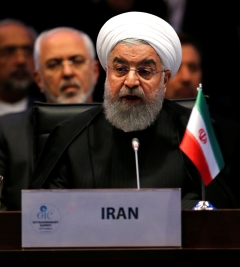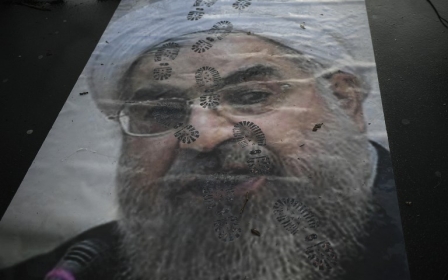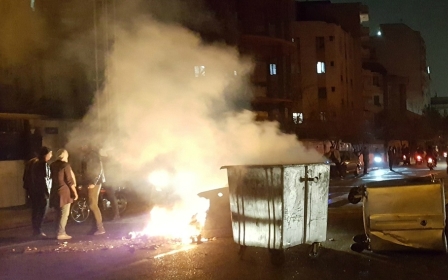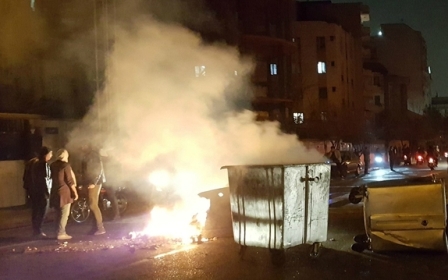Iran lifts block on messaging app Telegram
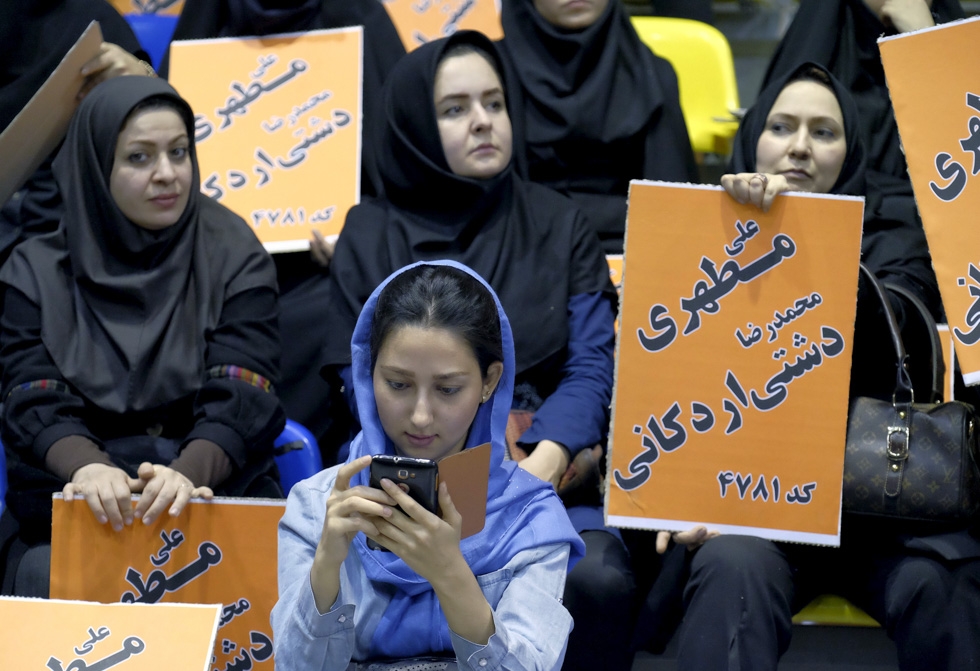
Iran lifted restrictions on the popular messaging app Telegram on Saturday, after the app was blocked two weeks ago during a wave of unrest that rattled the nation’s clerical leadership.
"An informed source announced that the filtering of the Telegram messenger has been ended and it is being used by users," the state news agency IRNA reported. AFP journalists also reported being able to access the app and quoted an Iranian telecoms ministry spokesman confirming the block’s lifting.
The app, which allows users to send encrypted messages and has 40 million users in Iran, was blocked during five days of unrest that broke out in cities across Iran over the New Year. The government had accused "counter-revolutionaries" and foreign groups of using Telegram and other social media to incite violence.
The unrest, which began in the eastern city of Mashhad before spreading to several cities across the country, began as a protest against economic issues but adopted political slogans directed against Iran’s leaders.
At least 22 people died in the anti-government protests that posed the largest threat to Iran's autocratic political establishment since 2009, when a disputed election led to months of demonstrations.
The government had accused the popular opposition news channel, Amadnews, of using the Telegram to incite "armed uprising and social unrests". After announcing they had blocked the channel, Telegram CEO Pavel Durov, said on Twitter the app had been completely blocked in the country after the company had refused an Iranian request to block "peacefully protesting channels".
The protests subsided in early January after a government crackdown led to 1,000 arrests. The government last week lifted restrictions on Instagram, another social media tool used to mobilise protesters.
Conservatives 'seek censorship,' says Rouhani
The semi-official ISNA news agency said the restrictions had been lifted on the orders of President Hassan Rouhani.
The head of the country's cybercrime committee, Abdolsamad Khoramabadi, had earlier criticised the government for not blocking Telegram sooner, and said officials should be "punished" if it was found they deliberately failed to act against online "trouble-makers and enemies".
Just three weeks before the unrest, on 19 December Rouhani told the country's first conference on civil liberties: "We will not seek to filter social media. Our telecoms minister promises the people he will never touch the filtering button."
Rouhani said during the unrest that the restrictions were necessary, but should not be "indefinite" and accused his conservative opponents of using the protests to impose widespread censorship.
"You want to take the opportunity to shut down this social media for eternity. You might sleep well, but 40 million people had problems ... 100,000 people lost their jobs," Rouhani said on January 9, referring to complaints that many businesses that use the app for their marketing and sales had been badly hit by the Telegram shutdown.
Conservatives have also called for the development of local apps to replace Instagram and Telegram in Iran, where longstanding bans on Facebook, YouTube and Twitter are still in place.
New MEE newsletter: Jerusalem Dispatch
Sign up to get the latest insights and analysis on Israel-Palestine, alongside Turkey Unpacked and other MEE newsletters
Middle East Eye delivers independent and unrivalled coverage and analysis of the Middle East, North Africa and beyond. To learn more about republishing this content and the associated fees, please fill out this form. More about MEE can be found here.


